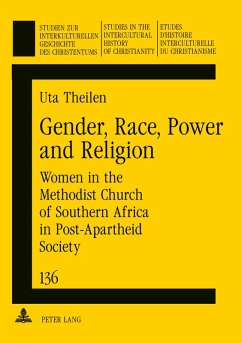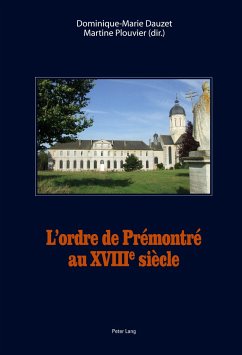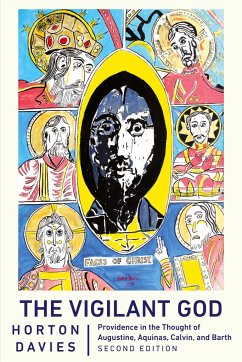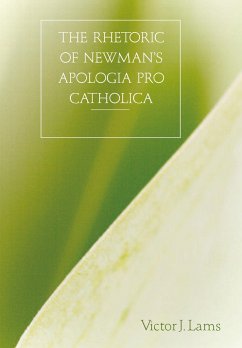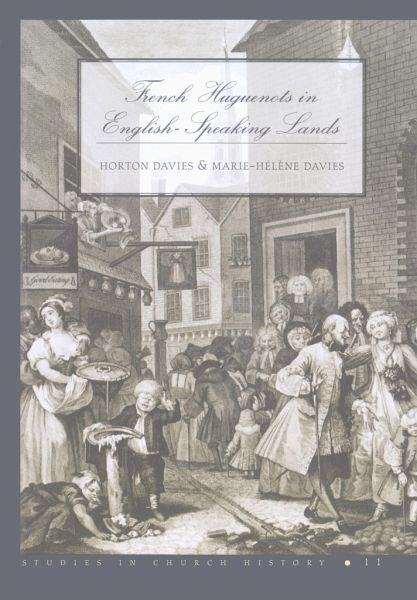
French Huguenots in English-Speaking Lands
Versandkostenfrei!
Versandfertig in 6-10 Tagen
22,95 €
inkl. MwSt.

PAYBACK Punkte
0 °P sammeln!
The horror story of the Huguenot persecution after the Revocation of the Edict of Nantes from the early 1680s to the Edict of Toleration in 1787, needs to be retold by looking at some of the positive benefits the refugees brought to the lands to which they escaped. The brutality of the dragonnades, gallows, and hangings cannot be overlooked; nor the gradual oppression of a considerable proportion of the population of France. Yet, this emigration also included success stories, such as two generals in the Ligonnier family and two admirals in the Laforey family. Some Huguenot pastors banished fro...
The horror story of the Huguenot persecution after the Revocation of the Edict of Nantes from the early 1680s to the Edict of Toleration in 1787, needs to be retold by looking at some of the positive benefits the refugees brought to the lands to which they escaped. The brutality of the dragonnades, gallows, and hangings cannot be overlooked; nor the gradual oppression of a considerable proportion of the population of France. Yet, this emigration also included success stories, such as two generals in the Ligonnier family and two admirals in the Laforey family. Some Huguenot pastors banished from the realm became like Duval, high-ranking officials in the Church of England or of Ireland. Among artists, Roubillac, a sculptor, enlivened Westminster Abbey, whilst Marot, an architect and engraver, designed castles and gardens. Some businessmen, like Beron and the Faneuil brothers, thrived in Boston. From Huguenot lineage sprang four presidents of the United States. All of this was a tribute to their faith, to their belief in the doctrine of Predestination, and to the qualities of their character such as reverence, chastity, frugality, sobriety, and industry.






